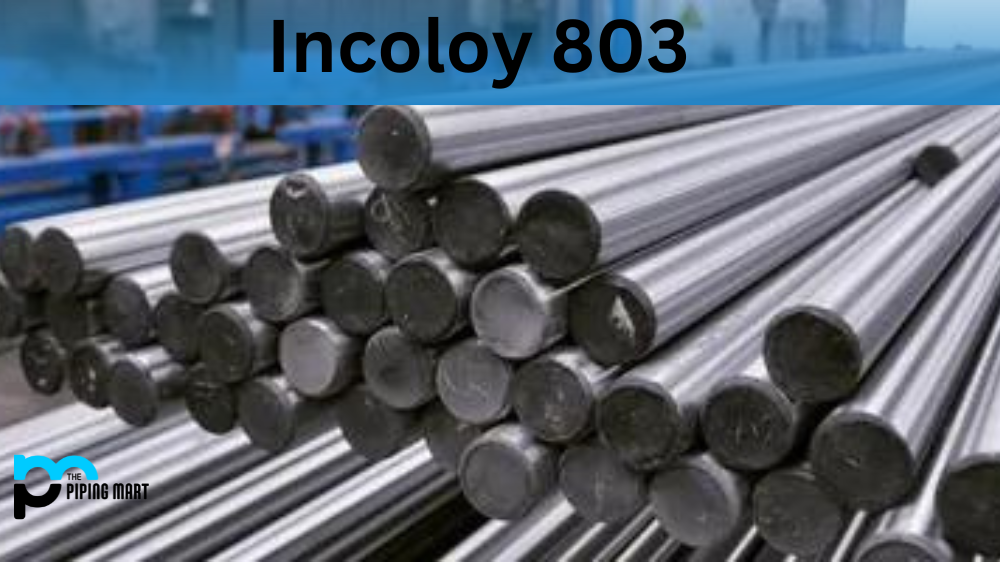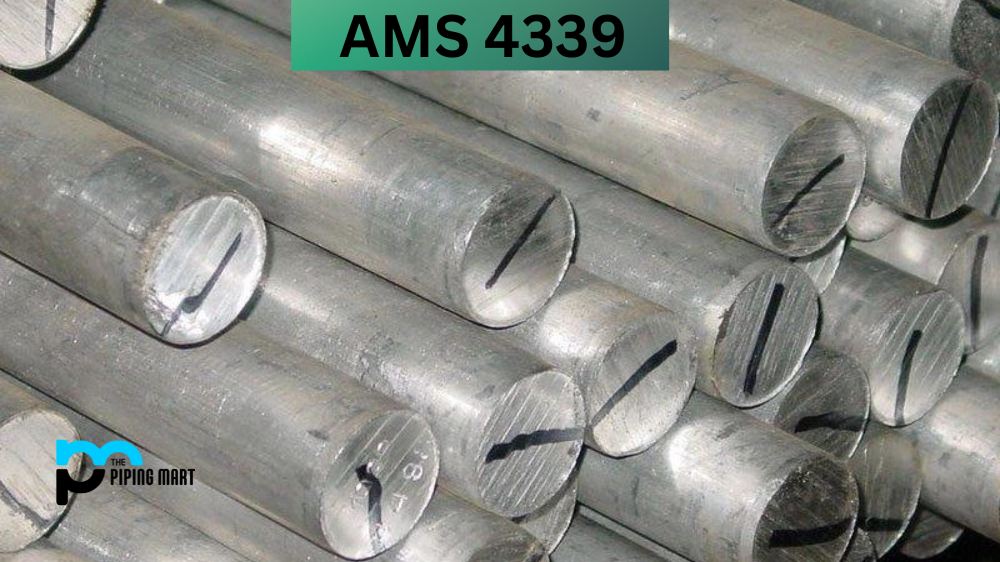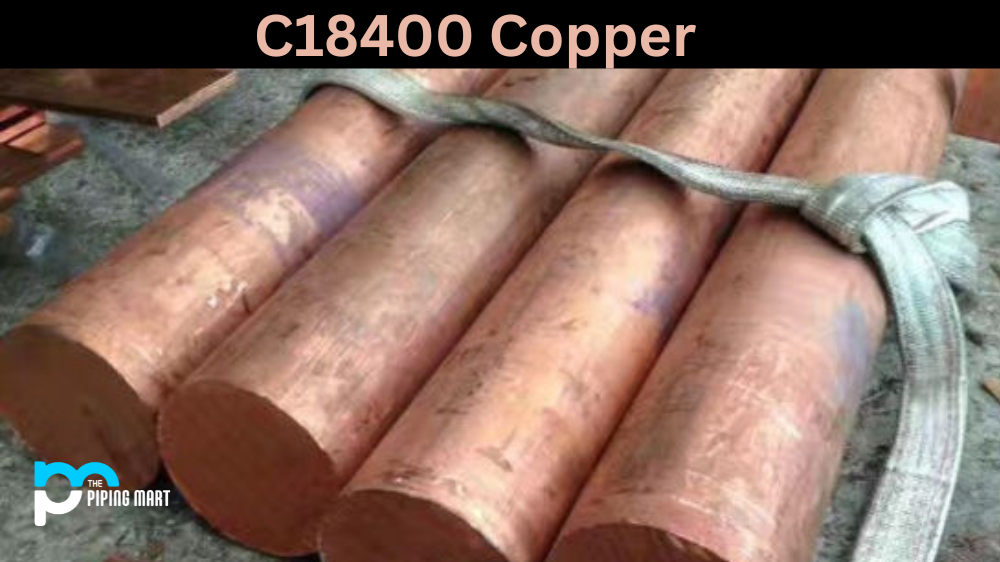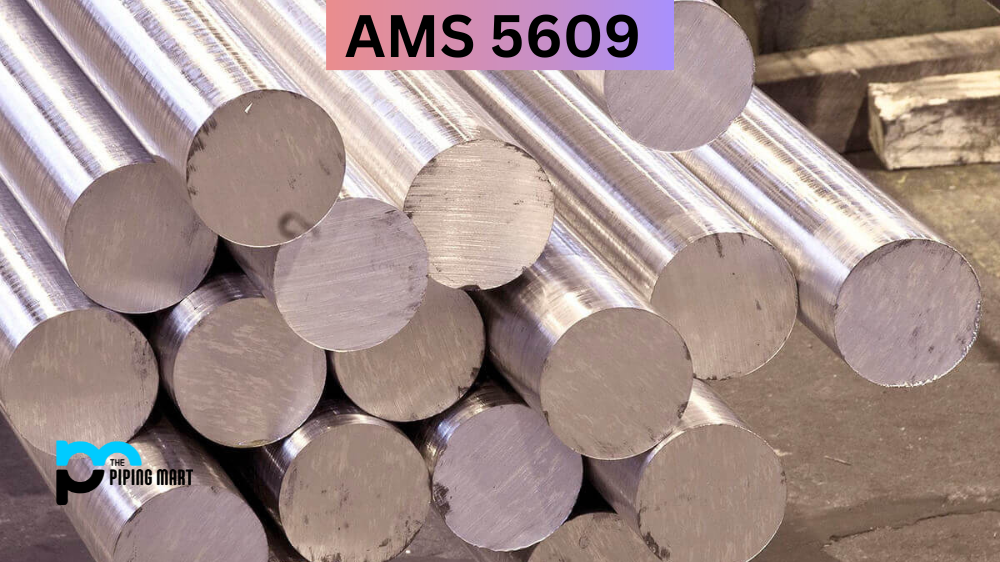Incoloy 803 is an austenitic stainless steel alloy with excellent corrosion resistance and high-temperature capabilities. It is favoured for resisting oxidation, stress corrosion cracking, and pitting. Incoloy 803 is a cost-effective material used in numerous applications, from food processing to aerospace engineering. This blog post’ll explore this popular alloy’s composition, properties, uses, and machinability.
Incoloy 803 Composition
Incoloy 803 is composed of 24-26% chromium, 19-22% nickel, 1-2% manganese, 0.5% titanium, and iron up to 70%. It also contains up to 0.04% carbon and 0.35% sulfur and trace amounts of other elements such as molybdenum and silicon. The composition makes it resistant to corrosion in many environments, including seawater, acids, and chloride solutions.
| Element | Content (%) |
|---|---|
| Iron, Fe | 29.435-42.64 |
| Nickel, Ni | 32-37 |
| Chromium, Cr | 25-29 |
| Manganese, Mn | ≤1.5 |
| Silicon, Si | ≤1 |
| Others | Remainder |
Incoloy 803 Physical Properties
The combination of elements in Incoloy 803 gives it superior strength and toughness even at high temperatures. It has a minimum yield strength of 65 ksi (448 MPa) and a tensile strength of 95 ksi (655 MPa). Its hardness ranges between BHN 250-400, while its modulus of elasticity ranges between 29 GPa (4.2 x 106 psi) to 30 GPa (4.3 x 106 psi). Its elongation at break ranges between 20 – 35%.
| Properties | Metric | Imperial |
|---|---|---|
| Density | 7.86 gm/cm3 | 0.284 lb/in3 |
Incoloy 803 Chemical Properties
Incoloy 803 is a nickel-iron-chromium alloy boasting impressive chemical properties such as excellent corrosion resistance and formability. This alloy has characteristically low carbon, silicon, and aluminium levels, enabling it to develop tensile strength in hot-worked and cold-worked conditions. Incoloy 803 also possess crevice and pitting corrosion resistance, which makes it desirable for use in many high-temperature environments. It can be used for equipment components subjected to severe corrosive atmospheres like those found in sulfuric or phosphoric acid processing. With its unique physical, mechanical and thermal properties, it’s no wonder Incoloy 803 is desirable in many industrial applications.
Incoloy 803 Mechanical Properties
Incoloy 803 is an alloy widely used due to its excellent mechanical properties. This alloy exhibits superior corrosion resistance, outstanding strength and a high degree of toughness. It also has excellent working characteristics in both hot and cold conditions. Its ability to maintain a steady and consistent mechanical performance across various temperatures makes it highly sought after in many industries, such as power generation, industrial furnaces and chemical processing. Its unique properties make Incoloy 803 the right choice for applications that require superior mechanical properties, even under harsh environments.
| Properties | Metric | Imperial |
|---|---|---|
| Tensile strength(sheet, cold rolled and solution annealed) | 552-621 MPa | 80.1-90.1 ksi |
| Yield strength(rod, hot finished and solution annealed) | 207-255 MPa | 30-37 ksi |
| Elongation at Break( sheet, cold rolled and solution annealed) | 40-45% | 40-45% |
| Modulus of Elasticity | 195 GPa | 28300 ksi |
| Modulus of Elasticity | 188 GPa | 27300 ksi |
| Poissons Ratio | 0.32 | 0.32 |
Incoloy 803 Equivalent
- UNS S35045
Incoloy 803 Uses
Due to its superior mechanical properties at high temperatures, Incoloy 803 is used on components exposed to heat, such as pressure vessels, nuclear reactors and heat exchangers in oil refineries or power plants. It is also used for furnace components that require good creep resistance at elevated temperatures due to its excellent oxidation resistance up to 1800°F (980°C). Additionally, it can be used for fasteners due to its superior workability when machined or welded compared with other alloys such as 316L stainless steel or Inconel 600/601/625 alloys. Other uses include valves due its good corrosion resistance in acidic media; exhaust manifolds because of their superior heat resistance; pump shafts because they don’t wear out quickly; turbine blades because they are strong yet lightweight; chemical processing equipment because they withstand wears caused by corrosive media; food processing equipment due their non-magnetic properties; aircraft parts because they have low thermal expansion rates; nuclear fuel rods due their radiation resistance; petrochemical plant components since they are resistant against sulfide stress cracking; medical implants since they are biocompatible; electrical wiring since their electrical conductivity values are higher than most other materials alike; automotive components since they possess good fatigue strength at elevated temperatures plus lastly furnace parts which need exceptional oxidation resistance at high temperatures without embrittlement from rapid cooling cycles like Incoloy 800H/HT does instead .
Heat Resistance
Incoloy 803 is an iron, nickel, and chromium alloy with exceptional heat resistance. It is a part of the superalloy family, making it resistant to stress-corrosion cracking and oxidation up to temperatures of 1300°F. Incoloy 803 also features high levels of ductility and strength when exposed to high heat. This allows it to be used in numerous industries, such as heat treatment equipment and chemical processing reactors. Additionally, because Incoloy 803 retains its strength at elevated temperatures, it can withstand higher pressure while maintaining its shape, making it an ideal choice for many engineering applications where temperatures and pressures get too high for other materials.
Corrosion Resistance
Incoloy 803 is an alloy made of iron, nickel, and chromium with extraordinary corrosion resistance and excellent general toughness, making it a very popular material in many industries. Its corrosion resistance comes from its unique composition, including high nickel, chromium, and molybdenum, which protect various corrosive environments. This corrosion resistance makes Incoloy 803 particularly appealing for processing plants that might need this type of alloy for parts exposed to potentially hazardous chemicals. Thanks to its properties, Incoloy 803 can help industries achieve a safe and secure environment with high performance despite harsh elements.
Machining
Incoloy 803 should be machined using conventional methods like turning, drilling or milling but with proper coolants or lubricants for best results. Other machining processes like grinding or EDM should also be done carefully following the manufacturer’s guidelines to extend tool life while surface finish quality remains unchanged.
Welding
Regarding welding, Incoloy 803 should be welded using the TIG, MIG, SMAW and FCAW processes, respectively, by considering preheat temperature requirements, interpass temperature limits, and post-weld heat treatments if necessary too.
Conclusion
In conclusion, Incoloy 803 is an austenitic stainless steel alloy that offers superior corrosion resistance and high-temperature capabilities while remaining cost-effective compared to other alternatives available today. Its unique composition allows it to be used in various applications ranging from food processing equipment to aircraft parts without sacrificing any performance metrics, regardless of whether you’re welding, machining, or simply using its magnificent physical/mechanical/chemical properties altogether! All things said, Incoloy 803 remains one of the most preferred alloys among engineers worldwide, so why not try ?!

Abhishek is a seasoned blogger and industry expert, sharing his insights and knowledge on various topics. With his research, Abhishek offers valuable insights and tips for professionals and enthusiasts. Follow him for expert advice on the latest trends and developments in the metal industry.




